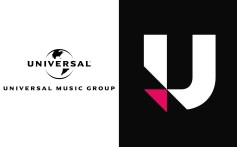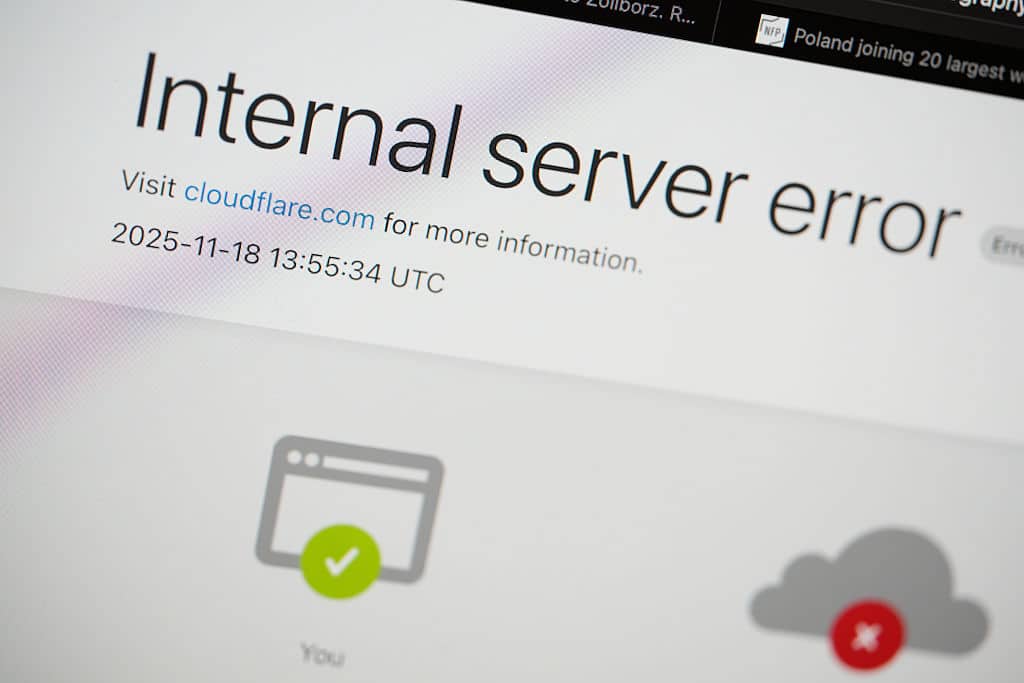The AI Music Deals Are Here. They Raise Big, Complicated Questions.
Written by djfrosty on November 18, 2025
Trending on Billboard
Like many technologies, generative AI developed slowly — then suddenly, all at once. That’s how it looks from a music business perspective, anyway. One day a few top executives at UMG were telling me about it as a future issue — then next “Fake Drake” made news and now AI-assisted artists account for a third of the top 10 on Billboard’s Nov. 15 Country Digital Song Sales chart. Breaking Rust and Cain Walker, the names credited with the songs, are about as country as a server farm.
So where did those songs come from?
The assumption is that the kind of generative AI software that created them was trained on copyrighted songs and recordings, presumably without a license, since few have been granted. That’s probably going to change soon. On Nov. 11, German rights group GEMA won its infringement case against OpenAI (which only involves song lyrics, but the principles are the same and it is also suing Suno). And after all three major labels sued Suno and Udio in the U.S., Universal Music Group announced a settlement with Udio in late October.
The nature of these deals could shape the music business of the future — or could be remembered as something music executives thought was important for some reason they can’t recall. Although little is known about the UMG deal, its unexpected provision is that it restricts the music “output” created by AI by removing the ability of users to download it. That’s a fundamental shift in expectations, and it suggests that UMG envisions AI music as existing apart from music on streaming services — more of a hobby akin to an amateur garage band than a professional product. Obviously, there’s no stopping the flood of AI music, and Udio users who want to “free” their creations can play them and record them to another device — but it’s interesting to note how Udio and UMG think this will work.
The UMG-Udio deal is opt-in for artists and songwriters, so it will take time to see what they think and whether they sign. But the deal casts Udio as “the good guy,” eager to work with the industry’s biggest company, less combative in its public statements and more willing to talk, according to two sources. Suno was already on its way to becoming “the bad guy,” responding to the label lawsuit by accusing the majors of reverting “to their old lawyer-led playbook,” hiring Timbaland to create some space between labels and artists and taking a more oppositional stance, according to one source. (It seems worth noting that the line about the “lawyer-led playbook” may not have aged as well as Suno CEO Mikey Shulman thinks: Anyone who is 30 today was five when the major labels sued Napster and 10 when the Supreme Court ruled in the Grokster case.)
It’s hard to know what the better strategy is in the abstract: Udio scored the first deal, but Suno is said to be raising money at a $2 billion valuation, although it’s also facing a GEMA lawsuit that Udio isn’t. Now that Udio has gone legit, though, Suno has a big incentive to do the opposite, just to differentiate itself. In tactical terms, it will be both more powerful and more vulnerable. If Suno loses its big court case in the U.S., it could get stuck settling its lawsuit under terms worse than Udio’s. If the decision has limited scope or splits, which seems more likely than some executives realize, it could have to make some of the same feature-set compromises as Udio, but under pressure. If it wins the case completely, though, it ends up with a product that is superior to the competition, with a much better cost structure.
Making the first big deal also gives UMG the power to set a pattern that could influence later agreements, at least in structure if not specifics. So far, the big issue executives are talking about is the split between labels and publishers. The latter, which customarily get half of synch rights revenue, want the same deal, and this is one of the few cases, along with synch licenses, where rights to a song might be useful without a recording. (In the case of synch, the song can be played by another artist; theoretically, an AI could be trained on a written composition.) The major label groups all own publishing businesses but have an incentive to favor the recorded music side, since they have more financial exposure to it and the financial model is more favorable. As is generally the case, though, the majors aren’t saying anything about the issue.
Finding the right balance between recording and publishing rights is tricky, and I would bet the publishers end up with a much higher percentage of revenue than they make on streaming, but less than 50%. But will that be all? The opt-in structure of the UMG deal implies that either the biggest company in the industry is feeling especially nice or that it may also need likeness or personality rights from artists. (It’s also possible that those rights are not needed for training purposes — just specific uses of prompts.) But it suggests some other questions. Most important, will artists with especially distinctive voices want a better deal than the standard one on offer?
Then — and here I’m really getting ahead of myself — what happens when artists have recorded for multiple labels or released the same album on different ones in different territories? If you want to use the voice of Johnny Cash, do you want young Cash (from his Sun Records work), prime Cash (Columbia), late Cash (Mercury), or very late Cash (American)? More complicated, what happens if you don’t much care — and how does that affect the structure of licensing? I am offering more questions than answers, but in this case I don’t think anyone has all the solutions. But we should know more soon — and the one thing we know for certain is that it’s going to be very interesting.

 State Champ Radio
State Champ Radio 








